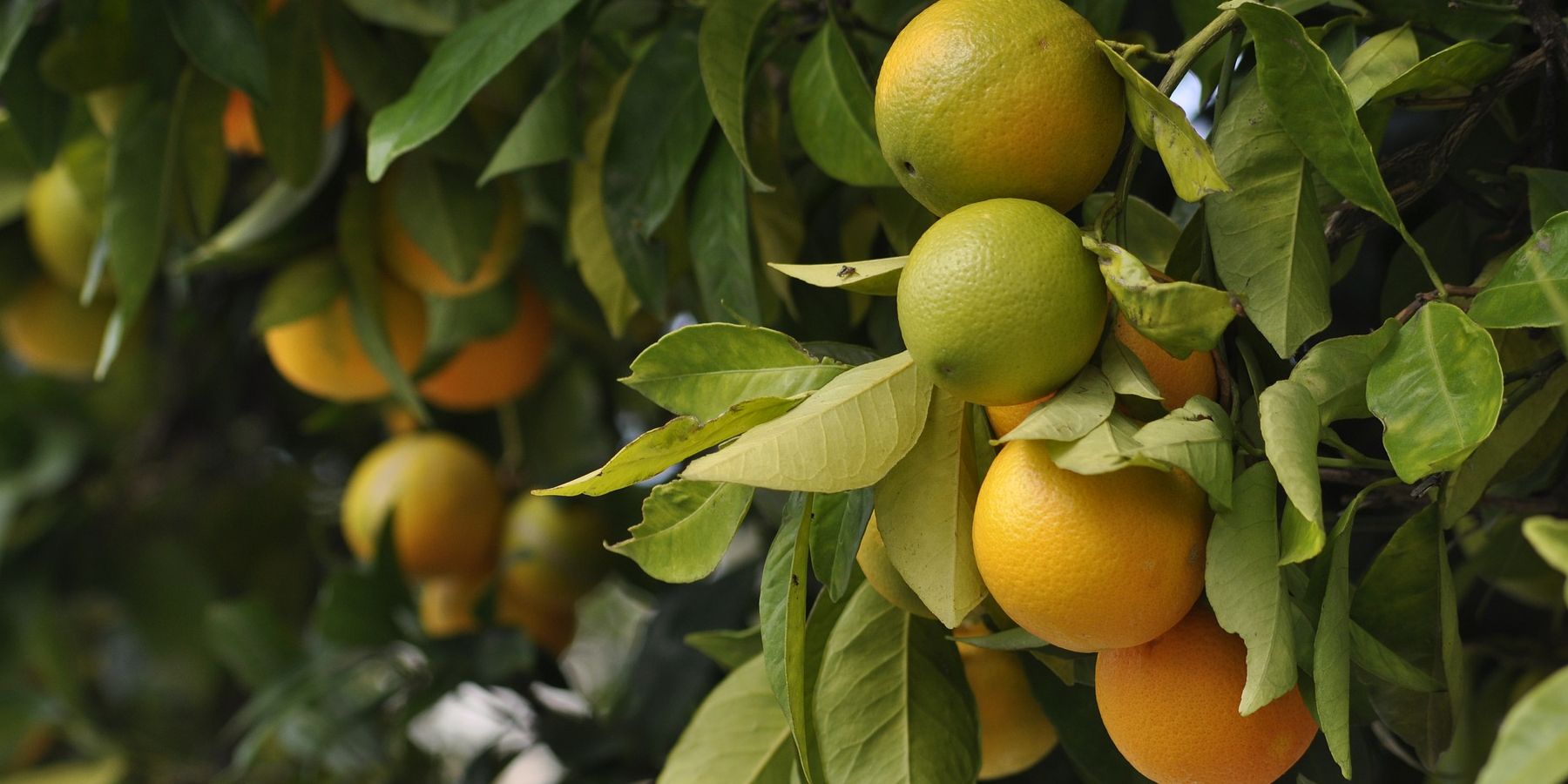A study confirms that applying Ozone in agricultural irrigation produces beneficial effects for the crop
Nutrient absorption is improved, dissolved oxygen is increased, and the population of pathogens is decreased

Citrus trees treated with ozone in the plot and reclaimed water irrigation
A study carried out by the Murcian Institute of Agricultural and Food Research and Development (IMIDA), reveals that the application of ozone during irrigation, when reclaimed water from a Wastewater Treatment Plant (WWTP) is used, can produce beneficial effects for cultivation, such as the improvement of the availability of nutrients, the increase in the diffusion of oxygen in the soil and the decrease in the population of pathogenic microorganisms in the rhizosphere. All this, without significant losses in the quality and production of the harvest.
The study has been contrasted with the effects observed both in the soil and in the crop with reclaimed water, providing important data to promote Ozone in the agricultural sector. It is part of the project “Integrated Management of the Regeneration and efficient and safe reuse of urban wastewater in agriculture” (Reusagua), of the Murcia Ris3Mur call for projects, co-financed with Feder funds, with an allocation of €615,150.
This action, framed in the recently concluded Reusagua project, has made it possible to provide, after two years of study, a new tool to optimize the use of reclaimed water for irrigation, minimizing the negative effects that the low agronomic quality of these waters can generate in the physiological and productive plane. In this way, new action guidelines have been provided by using an ozone treatment on the plot, which will allow a more efficient and safe use when reclaimed water is used.
The project has been carried out on a citrus plot, using, given the ephemeral nature of ozone, an installation for its generation and distribution through the irrigation network, created expressly for this project and located on the plot, that uses reclaimed water from the Molina de Segura WWTP.
It should be noted that, in addition to Imida, eight other institutions and companies in the sector have participated in this study (Cebas-CSIC, Polytechnic University of Cartagena, University of Murcia, Energy and Environment Technology Center, Esamur, Emuasa, Hidrogea and Azud ).
